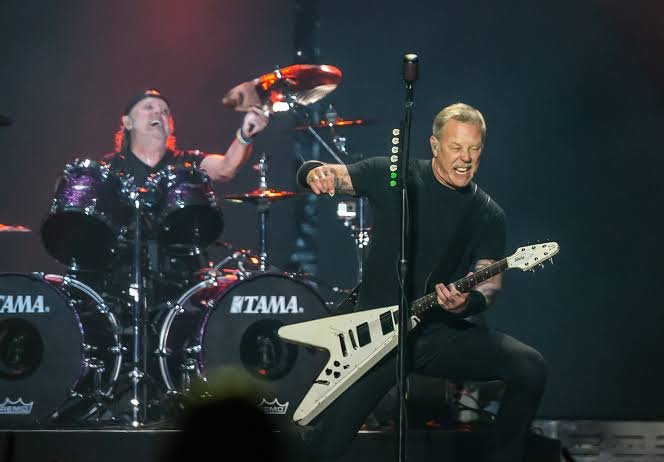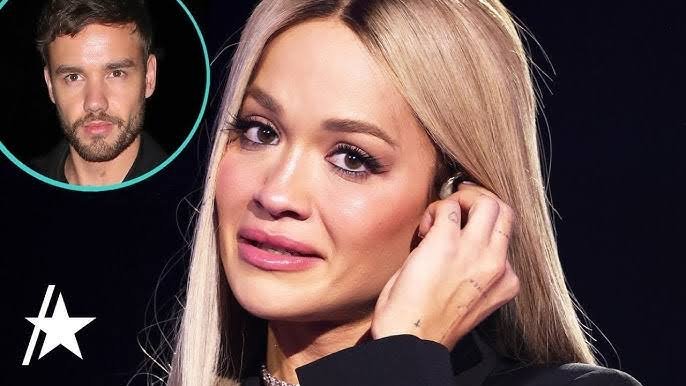
Recently, a Facebook post claimed that Elon Musk had endorsed WNBA star Caitlin Clark, announcing a donation of $10 million and declaring her “the pride of America.” However, this assertion has been debunked as untrue. Despite ongoing claims circulating online, there is no evidence supporting the idea that Musk made such a statement or financial pledge.
This latest misinformation echoes a similar incident from August when a claim surfaced that Musk had offered Clark a $10 million endorsement. That claim originated from a satire site and was identified as false at that time. Now, as of October 15, a new Facebook post reiterates the same unfounded narrative. The post was flagged by Meta as part of their initiative to combat misinformation, reflecting their commitment to ensuring accurate information is disseminated through their platforms.
The Facebook post included a link to an October 16 article on a site called “Fancy 4 Work,” which claimed that Musk publicly expressed his admiration for Clark on social media, purportedly calling her “the pride of America.” However, upon investigating Musk’s account on X (formerly Twitter), there was no record of him making such a statement. A thorough search for credible sources, including news reports or direct statements from either Musk or Clark, revealed no evidence that supported this claim.
As a result of these findings, the assertion has been rated as false. This incident underscores the ongoing issue of misinformation that permeates social media, often leading to widespread confusion and misconceptions among the public. It is crucial for individuals to verify information before sharing it, especially when it concerns public figures and significant financial endorsements.
In the current digital landscape, where rumors can spread rapidly, critical evaluation of information sources is more important than ever. Misinformation can have far-reaching consequences, making it essential to rely on trusted news outlets and fact-checking organizations to navigate the noise.




